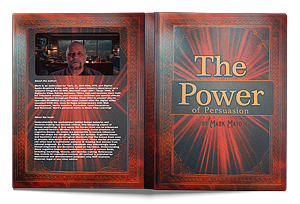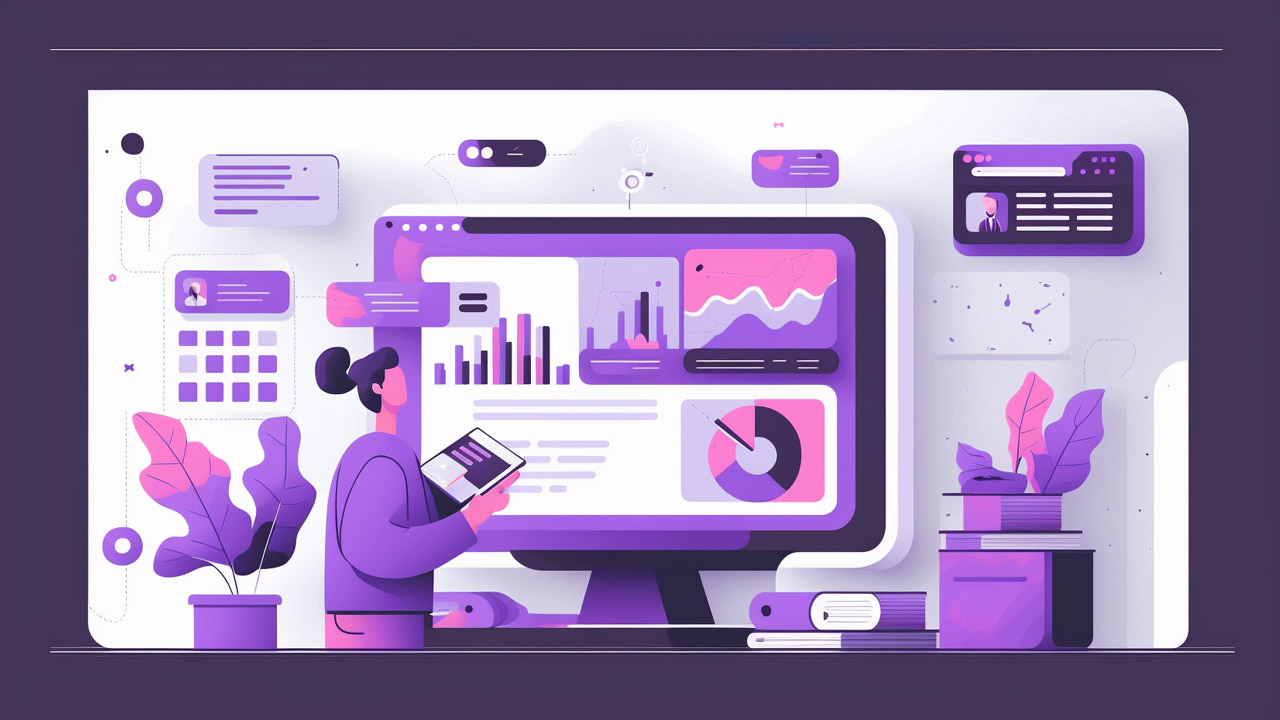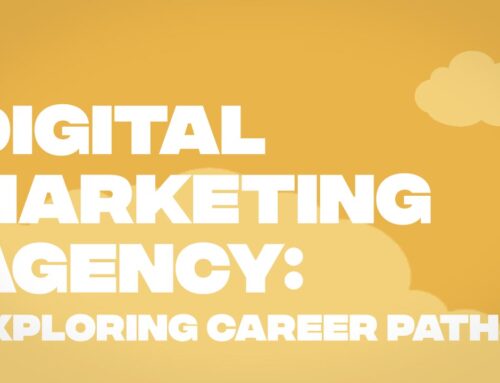Digital marketing has become an essential skill for businesses and individuals alike. With the proliferation of digital channels and platforms, mastering digital marketing can open up a wide range of opportunities and contribute to personal and professional growth. If you’re wondering whether you can teach yourself digital marketing, the answer is a resounding yes! In fact, many successful digital marketers have built their careers by being self-taught, leveraging online resources and hands-on experience to become experts in the field. This comprehensive guide will help you navigate the process of teaching yourself digital marketing, providing insights into the essential areas, online resources, and strategies you’ll need to maximize your learning experience.
Teaching yourself digital marketing can be an incredibly rewarding and cost-effective endeavor. By taking the self-learning route, you can tailor your learning experience to your specific needs and interests, allowing you to focus on areas that are most relevant to your career goals. Furthermore, with the vast array of free and affordable resources available online, you can learn at your own pace and from the comfort of your home, without having to spend a fortune on formal education. This not only makes learning digital marketing accessible to a wider audience but also allows you to adapt your learning plan as the industry evolves.
However, it’s important to recognize that teaching yourself digital marketing requires a significant amount of dedication and discipline. The digital marketing landscape is constantly changing, and staying up-to-date with the latest trends, tools, and best practices can be challenging. To succeed as a self-taught digital marketer, you’ll need to be proactive in your learning, regularly assess your progress, and continuously refine your skills through practice and application.
In this comprehensive article, we’ll explore the essential areas of digital marketing, including search engine optimization, pay-per-click advertising, content marketing, social media marketing, email marketing, and analytics. We’ll also provide you with a list of popular online resources, such as courses, certifications, blogs, and YouTube channels, to help you kick-start your learning journey. Finally, we’ll share strategies to help you maximize your learning experience, stay motivated, and ultimately become a proficient digital marketer.
Essential Areas of Digital Marketing
To teach yourself digital marketing, you should understand the primary areas and components that make up this diverse field. Here are some of the essential topics you should cover:
Search Engine Optimization (SEO)
- Understanding search engines
- Keyword research
- On-page and off-page optimization
- Technical SEO
- Content optimization
Pay-Per-Click Advertising (PPC)
- Google Ads
- Social media advertising
- Display and video ads
- Remarketing
- Ad optimization and testing
Content Marketing
- Content strategy
- Content creation (blogs, articles, whitepapers, etc.)
- Content distribution and promotion
- Content analytics and measurement
Social Media Marketing
- Social media platforms (Facebook, Instagram, Twitter, LinkedIn, etc.)
- Social media strategy
- Social media content creation and curation
- Social media advertising
- Social media analytics
Email Marketing
- Email marketing platforms
- List building and segmentation
- Email content creation
- Email marketing metrics and analysis
Analytics and Data
- Web analytics (Google Analytics)
- Data analysis and reporting
- Conversion rate optimization
- A/B testing
Online Resources
There is an abundance of online resources available to help you learn digital marketing. Here are some popular platforms and resources to explore:
Courses and Certifications
- Google Digital Garage: Google Digital Garage
- HubSpot Academy: HubSpot Academy
- Coursera: Coursera Digital Marketing
- Udemy: Udemy Digital Marketing
Blogs and Websites
- Moz: Moz Blog
- Search Engine Journal: Search Engine Journal
- Content Marketing Institute: Content Marketing Institute
- Social Media Examiner: Social Media Examiner
YouTube Channels
- Neil Patel: Neil Patel YouTube
- Ahrefs: Ahrefs YouTube
- Backlinko: Backlinko YouTube
Learning Strategies
To maximize your learning experience, follow these strategies:
- Set clear goals: Determine what you want to achieve by learning digital marketing, and set specific, measurable, achievable, relevant, and time-bound (SMART) goals.
- Create a learning plan: Develop a structured learning plan that covers essential topics and allocates time for each area.
- Combine multiple resources: Use a mix of resources, such as online courses, blogs, videos, and podcasts, to diversify your learning experience.
- Practice and apply: Apply your newly-acquired knowledge to real-world projects or your own business to reinforce your learning.
- Network and engage with others: Connect with other digital marketing learners or professionals through online forums, social media, and networking events to share experiences, ask questions, and learn from others.
- Stay updated: Digital marketing is a constantly evolving field. Keep yourself informed about the latest trends, tools, and best practices by following industry blogs, podcasts, and attending webinars and conferences.
- Track your progress: Regularly assess your progress and adjust your learning plan if needed. Celebrate your accomplishments and milestones to stay motivated.
- Learn from your mistakes: Embrace your mistakes as learning opportunities. Analyze your missteps and implement corrective actions to improve your skills.
- Seek feedback: Ask for feedback from peers, mentors, or experienced professionals to identify areas for improvement and validate your learning.
- Consider specialization: Once you have a solid understanding of digital marketing, consider specializing in a specific area that aligns with your interests and career goals.
Final Thoughts
Yes, you can teach yourself digital marketing! With a plethora of online resources, a well-structured learning plan, and dedication, you can become proficient in digital marketing without enrolling in formal education. Remember to stay focused, practice your skills, and stay updated with the latest trends and best practices. With persistence and hard work, you’ll be well on your way to becoming a digital marketing expert.










